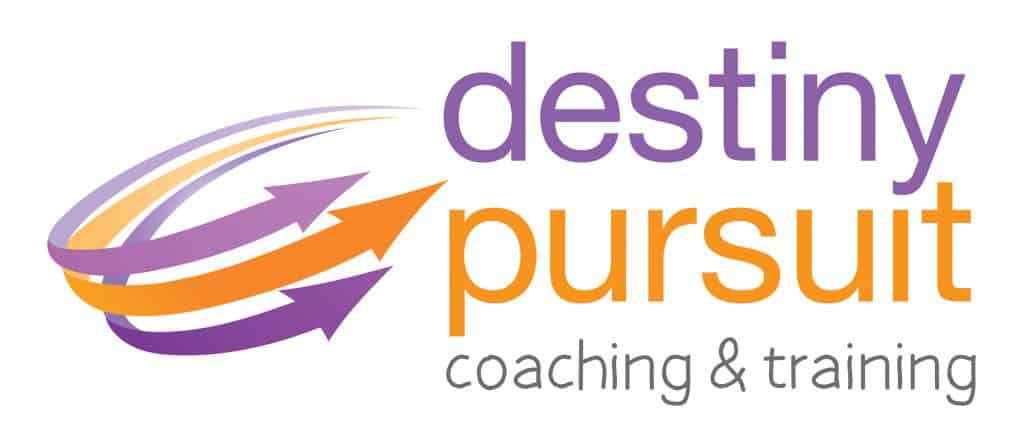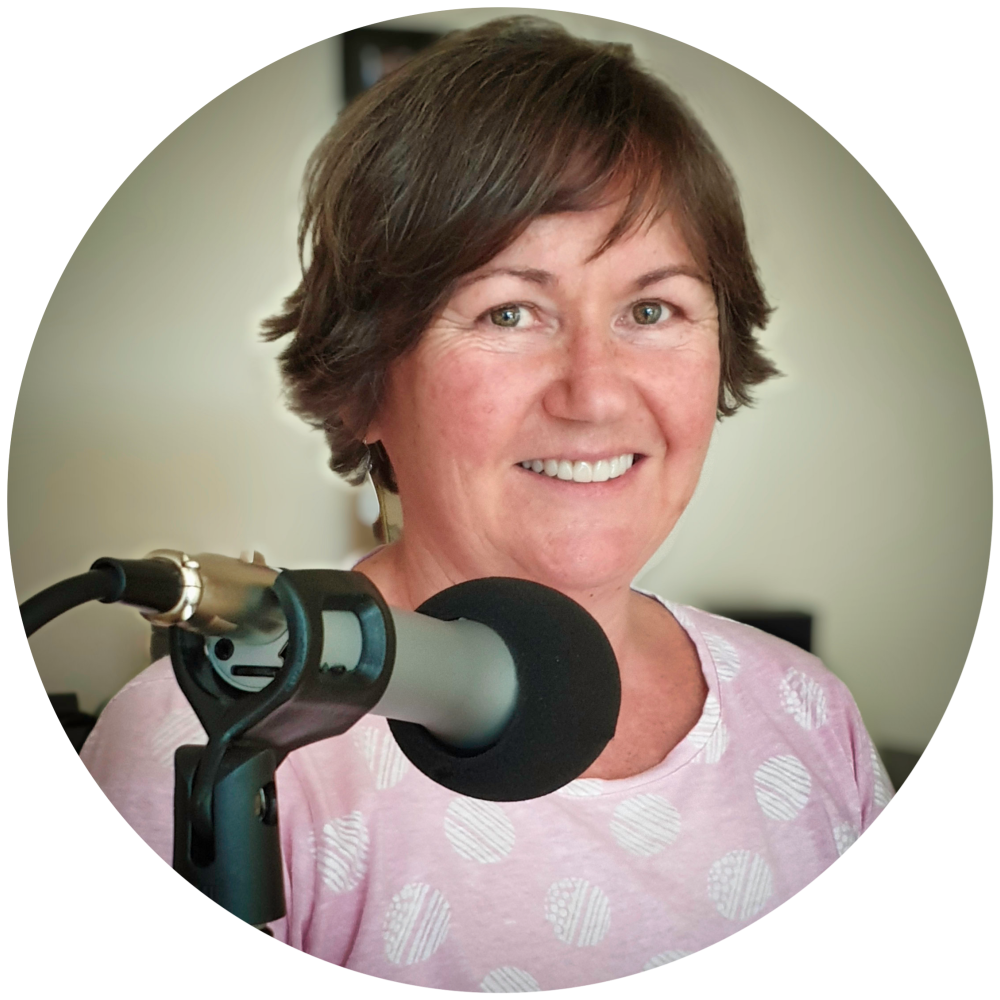Ecological Goals - NLP Matters, Episode #021

Since episode 16, we have been exploring the NLP technique called the Keys to an Achievable Outcome. I trust that throughout these episodes, you are getting a really clear insight into the power of these keys when it comes to designing and delivering on your goals.
Having covered keys one to eight, let’s get to the ninth and final key, which is, “Is this goal ecological?”
This is a powerful reflective question for us to ask ourselves, because too often we may choose goals and invest great effort, time, and perhaps even money into them only to discover that in fact the goal does not align with who we are, because even when it is self initiated and self maintained it still may not really be our own goal. Perhaps, we chose it because in our culture it is seen as a good thing, or maybe we chose it to please or satisfy someone or something else. Or perhaps we chose a goal and then we discover that the goal has consequences we did not consider and maybe those consequences are not acceptable to us or the goal was developed within a particular context that is no longer relevant or no longer exists.
The main role of the ninth key in keys to an achievable outcome is to have us reflect on these aspects of our goal.
So, how can we tell if our goal is ecological?
Listen to the podcast to learn more.
Listen to the Podcast
Here are some key takeaways from this episode:
- The Keys to an Achievable Outcome is a powerful tool we use to ensure when we formulate our goals that we maximise the opportunity for our success through designing the goals to align our conscious and unconscious minds, to ensure there is a really clear and specific definition of the desired outcome, and to confirm that the goal is formulated thoroughly looking at it from all different angles and perspectives.
- The main role of the ninth key in keys to an achievable outcome is to have us reflect on these aspects of our goal. This comprehensive ecological check can definitely result in a demand for behavioural flexibility as we adjust, review, and sometimes even move on from goals we had thought we wanted.
- The ecology check is a reflective check. We do this by taking up a number of different perspectives. This process is referred to in NLP as taking different perceptual positions.
- The ecology check looks at our goal from both an internal and external perspective. We can be curious about how our goal fits with us internally – Does it align with our identity, values, beliefs, and attitudes? And, does it align with the external things that matter to us - our family, our community, responsibilities - Is it legal, and are we aware of the consequences successfully achieving our goal will have on this broader context?
- In relation to the 7th key where we ask ourselves - is the goal appropriately contextualised?, in the 9th key, our focus or broader. We look at the goal from a number of different perspectives and bring curiosity to each of these viewpoints reflecting on whether the goal aligns with who we are, who we have decided to be and our external environment as well.
- With an internal check, we ask ourselves - “Is this goal aligned with my identity?” If the goal doesn’t ‘fit’ who we are, we are going to feel out of joint when we set about taking action to achieve our goal.
- Checking the ecology of a goal enables us to dodge disappointment, go in with our eyes open, and plan so that we can ensure that when we do achieve our goal we know it was exactly what we wanted!
- An ecological check also enables us to avoid choosing a goal that is an Aspirational Goal that relates to our identity. An aspirational goal is a goal about who we want to be or how we want to be. The 9th key allows us to confirm that the goal is not just wallpapering over a deep crack.
- Limiting beliefs and/limiting decisions may lie behind our goal. Beliefs like “I’m not enough” or “I’m unworthy” may be deeply held in our unconscious mind. If our goal is based on our belief that we are lacking and we are trying to prove that we’re not, our goal now becomes a test, and these are exactly the goals that create the most misalignment between our conscious and unconscious minds.
- It is not about the goal making logical sense. It is about recognising that as human beings we are complicated and there are many layers to uncover. Building success is all about bringing all of that into alignment, and we can only do this if we first explore and acknowledge that there is or could be a misalignment now.
- A good way to begin this reflection is to ask ourselves – For what purpose do I want this outcome? We also want to become aware of, “what will I gain and what will I lose if I have this goal?”
- Don’t fall for the allure of denying the obstacles. Get to know them so you may overcome them. If your obstacles are limiting beliefs, decisions, lack of skills or capabilities, it is only in taking action to address them that you can truly attain your goals.
- The Cartesian Questions is a robust set of questions that we can explore as we complete the ecology check of our goal. These questions help to unlock other thinking that perhaps has not yet risen to our consciousness.
- What will happen when I get it?
- What won’t happen when I get it?
- What will happen if I don’t get it? and
- What won’t happen if I don’t get it?
- Doing our external ecological check gives us some other new viewpoints from which to reflect on our goal. For our external check, we are thinking in terms of things like - is this goal moral? Is it legal? Is it sustainable? What is the impact of this goal on my external environment?
Asking ourselves if the outcome is ecological is an extremely powerful tool that enables us to reflect upfront on the design and consequences of our goal. Armed with this insight we can reframe, reshape, or replace our goal way before we have invested time, energy, money and passion into an outcome that in the end will not deliver what I want.
The 9th key to an achievable outcome brings even more focus to the importance and power of NLP strategies to really build that vital alignment between both our conscious and unconscious minds and getting our unconscious mind on board so we can get out of our own way is definitely the way to turbocharge our successful pursuit of our goals.
In the next episode, we will draw the strings together and provide a comprehensive overview of the nine keys to an achievable outcome.
Listen to the Podcast
Joanne Clark
Joanne Clark is an Internationally accredited Master Trainer of NLP who has been delivering NLP training since 2011. Being on her feet in front of training rooms is where Jo loves to be and her passion for inclusive and immersive training that delivers outstanding learning outcomes is apparent to everyone in her training rooms. On average Jo delivers 140 days of training per year in addition to online webinars, guest speaker events and group coaching.
“NLP is at the core of all my training and coaching, it is at the core of who I am, how I interact and connect with people. I am absolutely passionate about spreading the NLP tools across the planet as I endeavour to support Robert Dilts’s vision of Creating a world to which people want to belong.” Joanne Clark
Certified Master Trainer of NLP; Master Practitioner NLP, Hypnotherapy & Matrix Therapies; Performance Coach; Cert IV Coaching; Advanced Practitioner in Coaching; Cert IV in Business; BA(Hons); Majors in Sociology and Psychology; Parent Education Leadership Training (PELT) Certificate; Mother of four children; Private Pilot (PPL); Diploma in Life Coaching


0 comments
Leave a comment
Please log in or register to post a comment